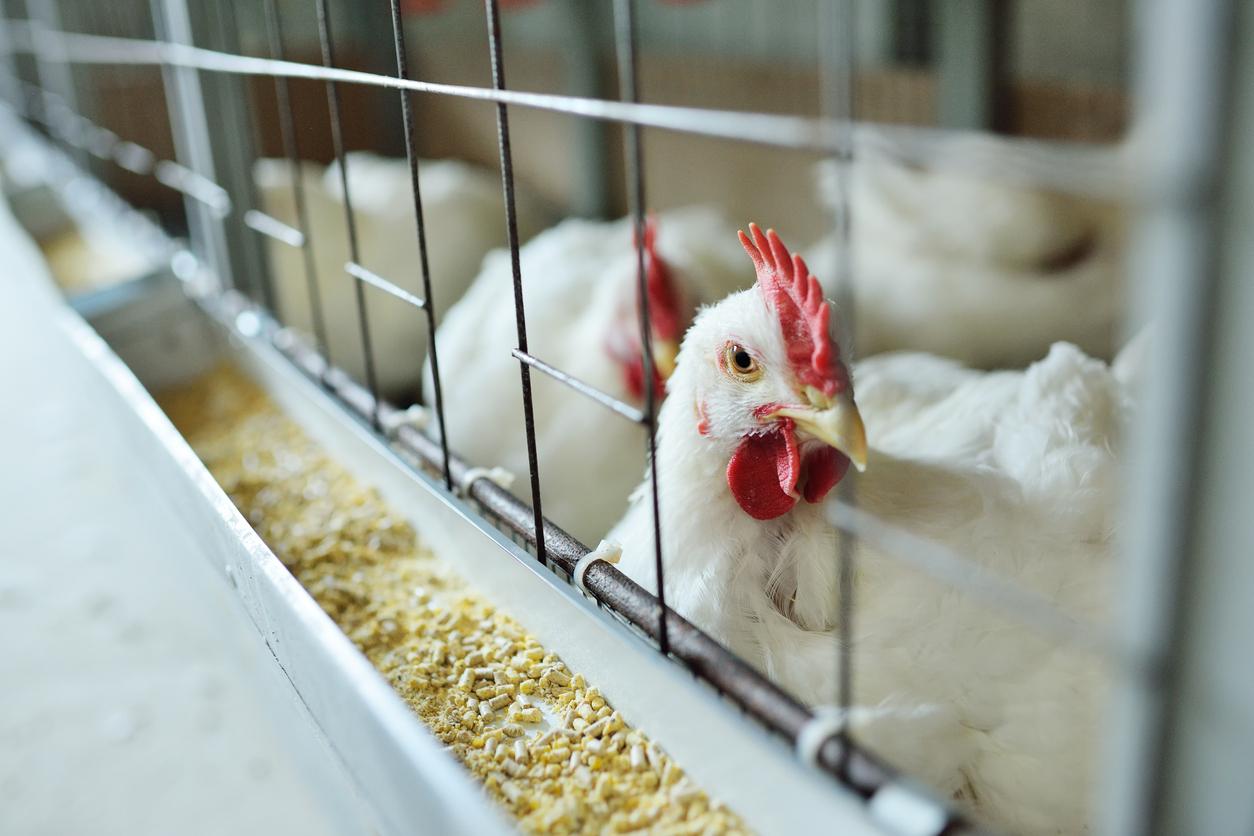Adolescence is not always an easy period, both for young people and their parents, to the point that it sometimes becomes difficult to communicate peacefully within the family. Dr. Vincent Henry, child psychiatrist at Montpellier University Hospital, shares his advice for renewing the dialogue.

Why Doctor: Why can communication become difficult between parents and their teenager?
Dr.Vincent Henry : Adolescence is a period of great change, even upheaval for the young people who go through it. Among these changes, we quite frequently note a change in posture, a need for individuation. As if the teenager said to himself “I am becoming an adult so I think for myself, I am autonomous…”. This affirmation of oneself as a whole person often involves opposition to what is proposed or requested by the parents.
“The important thing in the event of a conflict is not to win, but rather to resist”
We often say to parents “Don’t worry, it’s the teenage crisis, he/she will come back to you later”, is this really the case?
Fortunately in most cases yes! We frequently tell parents of teenagers who consult on our units that the important thing in the event of a conflict with their teenager is not to “win” but rather to “resist”.
The parents are not in a “conflict” that could be “won” or “lost”, but rather in a period of strong “turbulence”. The important thing is therefore to hold on, to succeed in keeping a parental position that is as fair as possible. And in most cases, the storm passes after a while… if there is a storm, because not all teenagers have a “teenage crisis”.
“Continue to communicate on simple, pleasant and positive things”
What advice would you give to parents who can no longer communicate without argument with their teenager?
It is very difficult to “generalize” because some techniques may help some families and not be indicated for others… In general, I would say to parents to try to focus on their own parenting behaviors so that they remain as fair as possible, and that they try to avoid escalations.
You can use the written form, go through SMS or WhatsApp messages. However, this method should only be used at a distance from conflicts, when you yourself are appeased, because the writings remain!
Also, continue to communicate on simple, pleasant and positive things, trying not to focus on “the problem” that we absolutely want to solve. For teenagers with behavioral problems, we often recommend Haim Omer’s books on nonviolent resistance or what he calls the new authority.
It happens that parents are lost, because they did not encounter such difficulties with their elders. How do you respond if they make this remark during a consultation?
I often say that education is something very complex. Some parents have the impression of having educated their children with the same rules, the same principles, the same feelings, and yet in adolescence, it’s day and night! It’s quite classic and it is in no way “pathological”. The important thing here again remains the parents’ ability to adapt, to question themselves and to try to adjust. Children are often asked to make an effort and “put themselves in our shoes”. Let’s set an example…
Teens are also in demand for things to change
Parents are usually in demand for advice on how to calm relationships at home. Is this also a concern for adolescents?
We often see teenagers in consultation for this request. It is true that more often than not, adolescents come to a consultation at the urgent request of their parents for us to “make them change”. Thus, the first consultations can be a little difficult, because teenagers generally label us as being “on the side of the parents”. However, once the alliance has been created with them, they are very often also in demand that things change and often question themselves. We can then work directly with them, on communication strategies with their parents, on emotional management techniques or other tools.
Dr. Vincent Henry is a child psychiatrist at Montpellier University Hospital, and co-author of the book “100 ideas to accompany the emotions of children and adolescents” with Christelle Vernhet (Tom Pousse edition). He has also developed a parental guidance website: www.childhood-emotion.fr















